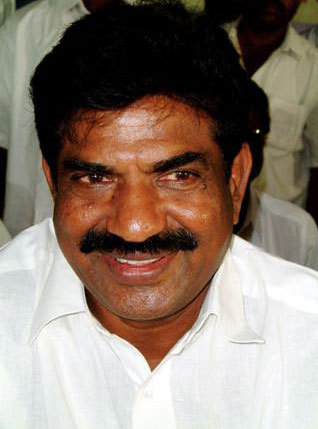TAMILNADU GOVERNMENT UNVEILS ECO TOURISM POLICY

M.K.Stalin Deputy Chief Minister released Eco Tourism Policy, which was
received by Tourism Minister Suresh Rajan in Chennai on Monday in the presence
of Forest Minister N.Selvaraj.The State government`s Eco Tourism Policy,
unveiled by Deputy Chief Minister M.K.Stalin, envisage major role for local
communities in its implementation and the involvement of local communities
without affecting their local cultural ethos as one of its important governing
principles. The document of 50 pages, spells that resources traditionally used
by them to be harnessed whenever required.
Activities and facilities will be developed in consultation with the
communities. Mechanisms will be in place to ensure flow of benefits to the
communities. Land and property rights of indigenous and local communities will
be respected. Any transgression into the communities` cultural sovereignty �
their protected, sensitive and sacred sites and their traditional knowledge �
shall be avoided.
The integrity, serenity and natural values of destinations will be
ensured through appropriate travel choice and responsible behaviour of
visitors, who will be briefed about the qualities and sensitivities of
destinations. Only activities and facilities having least impact on natural
resources and the local culture will be permitted.
As for strategies on the involvement of local communities, employment
will be provided to the communities by enlisting their services in the
manufacturing of boats, cooking, rescue operations and maintenance of the
premises. Apart from providing skills and formal education, the communities can
be given benefits, keeping in mind the future of their children. Opportunities
can be provided to them for showcasing their skills in handicrafts and pottery.
The development of and adherence to rules and guidelines on stakeholder
participation, impact mitigation and technical procedures is one among the
governing principles.
The compliance with standards in terms of quality and safety in
developing and operating eco tourism facilities and activities will be given
the highest priority.
The model of Public-Private Partnership will be encouraged to mobilize
investment in infrastructure development on site. Creation of environmental
awareness among all sections and age groups, especially youth, will be a major
activity for each eco-tourism destination. A shelf of eco tourism projects may
be identified by line departments, especially the Forest Department. The
Tourism Department wilill act as the nodal agency for clearing various projects
prepared by the line departments and their funding.
Priority will be given to development of places, closer to existing
popular destinations and lesser-known eco tourist spots so that infrastructure
development will be kept at bare minimum. Suitable eco-tourism destinations
will be identified and tied up with the existing circuits.
A nine-member official committee, headed by Chief Secretary, will be
formed to monitor the implementation and coordinate various stakeholder
agencies.







